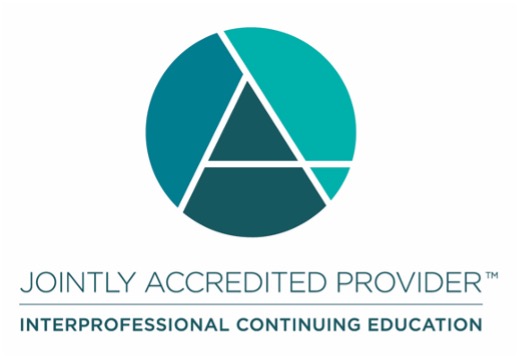Anti-Glycation and "Age"-Reducing Therapies for Enhanced Nutrition Care
A large body of research suggests that glycation may be at the heart of preventing and reversing devastating complications of lifestyle diseases, such as diabetes, cardiac disease, Alzheimer’s disease, and cancer. As the Greek prefix "glyc" suggests, glycation is a chemical reaction that involves sugar, and these reactions can occur while food is cooked and processed, as well as within the human body. Regardless of the source, glycation reactions lead to the formation of advanced glycation end products (AGEs), macromolecules that damage a variety of biological tissues and cellular organelles, including mitochondria, blood vessels, eyes, bones, and the brain.
This activity reviews the process of glycation and dives into the cutting-edge research about AGEs, including anti-glycation and AGE-reducing strategies for patients and clients. You will also learn why glycation prevention may be more influential than standard blood glucose management, and why a thorough understanding of glycation and AGEs is one of the most underutilized strategies in the fight against chronic disease.
Learning Objectives
After completing this activity, nutrition professionals will better be able to:
- Discuss the chemical formation of advanced glycation end products (AGEs).
- Compare and contrast the formation of endogenous and dietary AGEs.
- Apply knowledge of AGE measuring tools to assess a patient’s AGE burden.
- Explain the pathophysiology of AGE-related damage in the human body.
- Evaluate risk factors to determine which patients are at high risk for AGE-related disease.
Additional Information
STUDY GUIDE AUTHOR
Sara A. Wagner, MS, RDN, is the director of the undergraduate dietetics program at the University of Wisconsin Green Bay, where she teaches courses in medical nutrition therapy (MNT) using cutting-edge evidence-based nutrition research. Wagner is a resource for practicing dietitians and students alike, encouraging them to elevate the role of the nutrition professional by providing nutrition care using the best available research and evidence.
Sara is active as a professional educator and has been honored with the Wisconsin Young Dietitian of the Year Award, UW-Green Bay Early Career Teaching Award, and Margene Wagstaff Fellowship for Innovation in Dietetics Education.
Disclosures:
Sara Wagner, MS, RDN, faculty for this activity, has no relevant financial relationship(s) with ineligible companies to disclose.
The planners for this educational activity have no relevant financial relationship(s) with ineligible companies to disclose.
An “ineligible company” includes any entity whose primary business is producing, marketing, selling, re-selling, or distributing healthcare products used by or on patients.

In support of improving patient care, Great Valley Publishing Company (publisher of Wolf Rinke Associates) is jointly accredited by the Accreditation Council for Continuing Medical Education (ACCME), the Accreditation Council for Pharmacy Education (ACPE), and the American Nurses Credentialing Center (ANCC), to provide continuing education for the healthcare team.
This activity will also award credit for dietetics (CDR CPEU).
RDs and DTRs are to select activity type 102 in their Activity Log. Sphere and Competency selection is at the learner’s discretion.
Available Credit
- 11.00 CDR

 Facebook
Facebook X
X LinkedIn
LinkedIn Forward
Forward